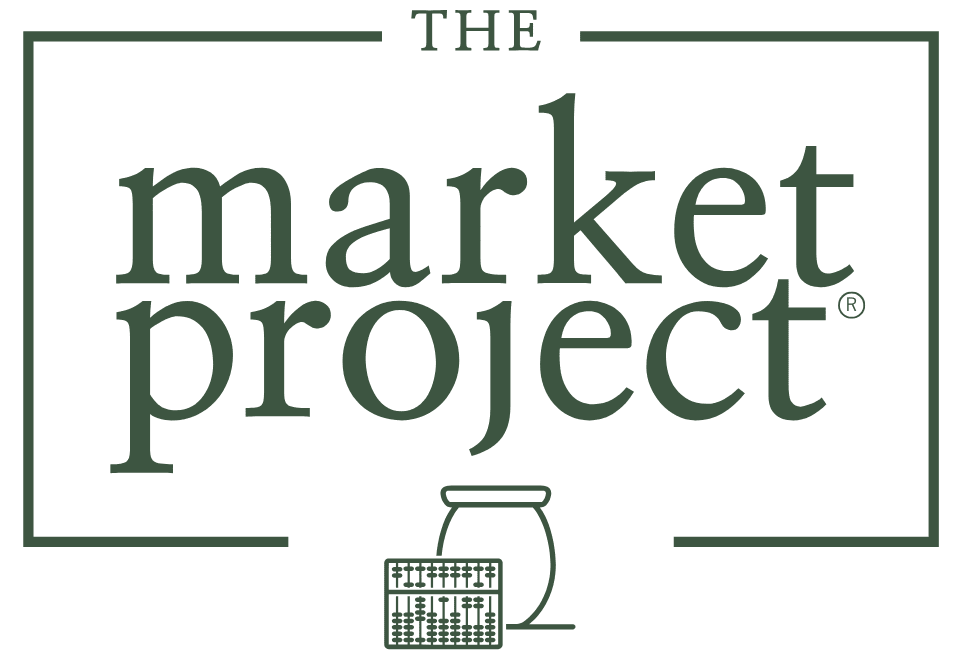Business Creation
We create viable businesses that otherwise would not get started in a local context. These businesses employ trauma survivors and bring hope to the individual and transformation to the community. We conduct thorough field research and apply a rigorous process of market analysis and product development before starting a business.
The ten steps of our process have the end goal in sight: A trauma-informed workplace that fosters agency in each employee, and a sustainable business that will eventually be earned out by the employees.
Management Training
We provide ongoing business mentoring for the management team in marketing, human resources, financial integrity, and best practices. We identify and contract local experts who train managers in understanding trauma, the impact unaddressed trauma has on a person, and how best to engage survivors in the workplace environment.
Managers are also trained in understanding legal protections that are incorporated in the business' human resource manual. The proactive implementation of the HR manual and our role in ensuring the training is effectively implemented are distinctives of a business that builds trust, ensures transparency, and creates a safe work environment. All managers are required to participate in initial and ongoing training.
Our strategic plan includes training HR directors in trauma-informed policies and best practices that are adapted to fit the local culture of the businesses. It also includes further developing and tailoring the curriculum to local business context and education level.
Trauma Healing Program
A meaningful job with proper compensation is often the missing ingredient for survivors of trauma. As survivors, they need community and stability as they begin to heal emotionally, spiritually, and physically. All personnel are invited to participate in a culturally-relevant trauma healing group that equips them to better relate to others.
In 2022, 92% of the employees at Nguvi Dairy reported having high exposure to trauma, having experienced multiple traumas themselves, or having witnessed or known of trauma happening with close relatives. Such statistics are gleaned from our semi-annual impact evaluation survey that is conducted by independent surveyors. Quantitative and qualitative results inform our core management team on what further training is needed.
The Market Project team manages the mentoring, training, and evaluation of these efforts to launch and expand a trauma-informed, market-based business. They develop training and provide guidance to the field, and partner with local experts and subject matter volunteers as needed.
As we move forward, we continue to test our theory of change. This combination of creating an integrated trauma-informed, market-based workplace has few models to imitate.
Our Inaugural Enterprise
We developed Nguvu Dairy in northern Uganda as our inaugural enterprise. The business manufactured, packaged, distributed, and sold yogurt. The business model employed many in the local at-risk population and created an excellent product. Those in the at-large community benefitted from the opportunity for stable employment, a healthy product, and trauma-healing care.
We launched Nguvu in 2016 and, over the years, employed hundreds of working-age youth who often support many family members.
Nguvu Dairy Stats
Unemployment is a reality for an estimated 1.2 million working-age Ugandan youth.
53%
are the primary household income earner
25
Average age of employees
55%
of employees are youth aged 18-25
